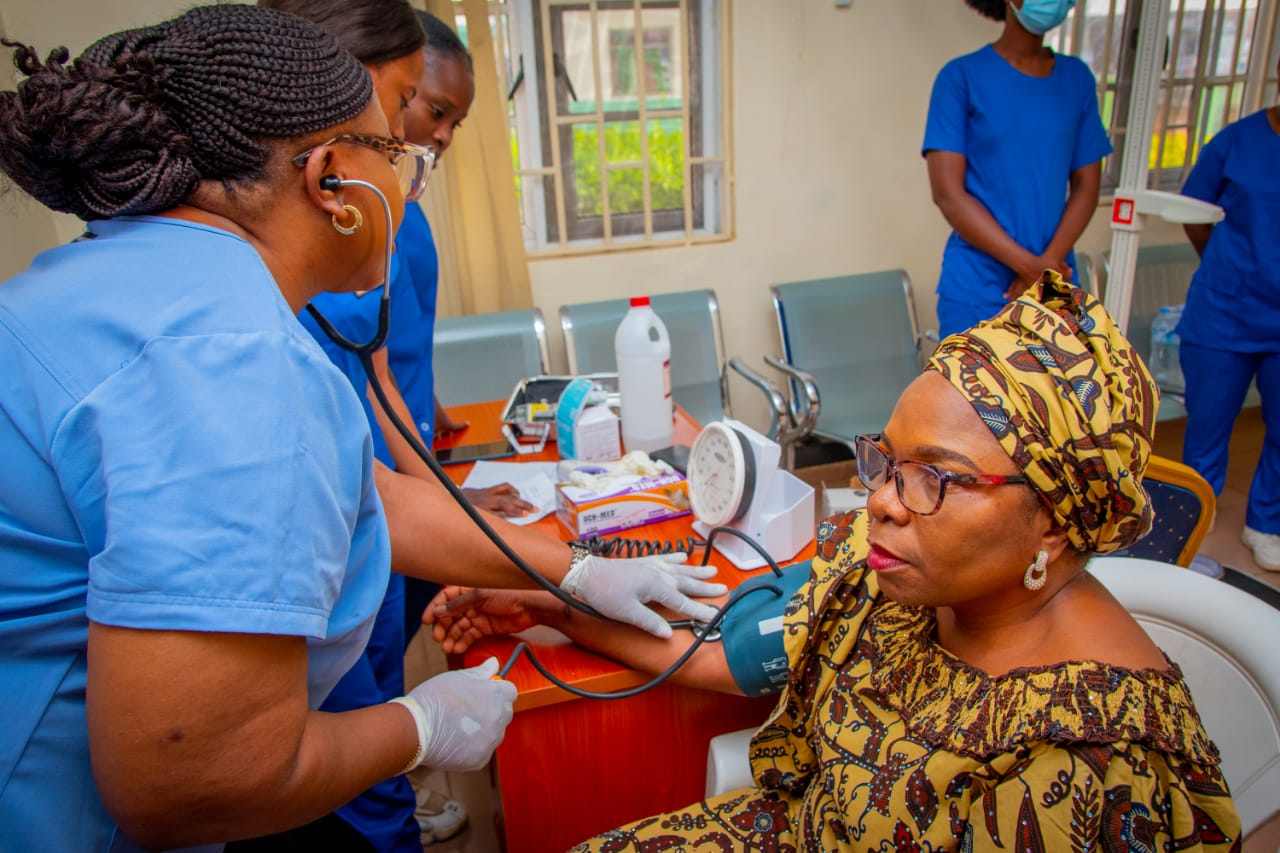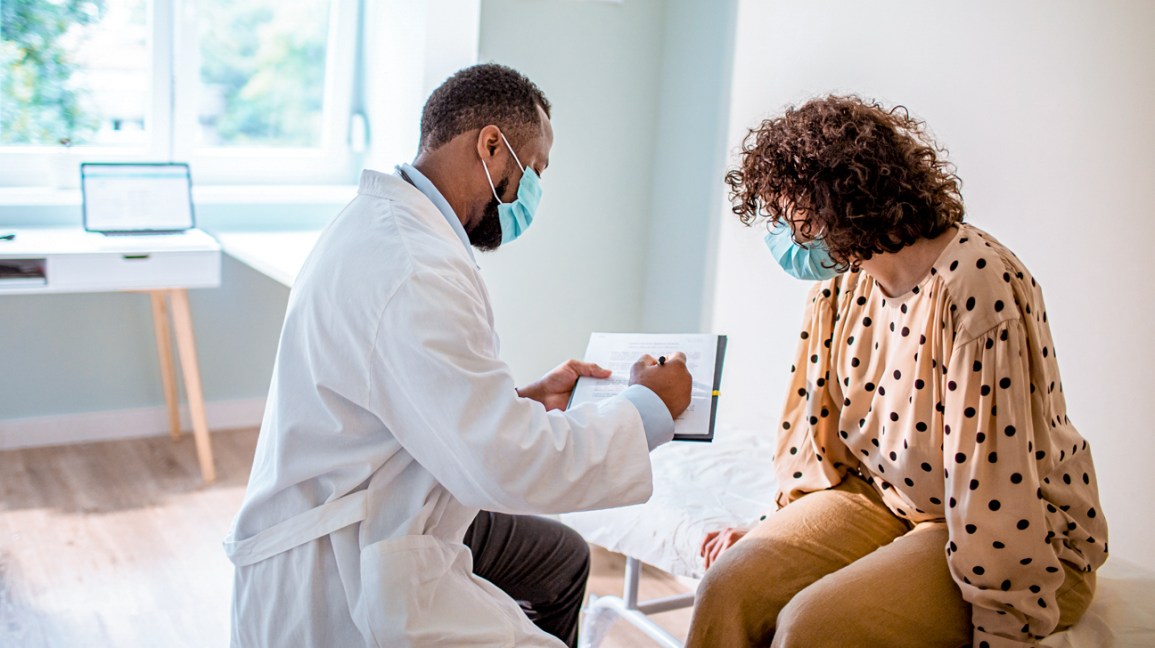
Imagine catching a problem before it becomes a crisis. That’s the magic of regular health check-ups. For many Nigerians and Africans, the idea of visiting a doctor when you’re not sick might seem unnecessary. But in reality, regular health check-ups are vital to maintaining a healthy lifestyle. They help detect potential health issues early when they are easier and cheaper to treat.
Why Regular Health Check-ups Matter
1. Early Detection of Health Issues
Regular check-ups help catch health issues before they become serious. Whether it’s high blood pressure, diabetes, or even cancer, early detection can significantly improve treatment and outcomes. Early intervention can often prevent complications and improve the quality of life.
2. Cost-Effective Health Management
Treating health issues early is often much cheaper than managing severe conditions later. Regular check-ups can help you avoid the high costs of emergency treatments or hospital stays. For many Nigerians, this can mean significant savings in the long run.
3. Peace of Mind
Knowing that you are in good health can reduce stress and anxiety. Regular check-ups provide reassurance and help you stay informed about your health status. This peace of mind is invaluable, especially in a fast-paced world.
Read: 10 Common Health Myths That Are Not True
What to Expect During a Health Check-up

1. Medical History Review
Your doctor will start by reviewing your medical history. This includes discussing past illnesses, surgeries, medications, and family health history. Being open and honest during this part of the check-up is essential.
2. Physical Examination
The physical examination is a thorough check of your body. Your doctor will measure your vital signs, such as blood pressure, heart rate, and temperature. They will also examine your heart, lungs, abdomen, and other key areas.
3. Routine Tests and Screenings
Depending on your age, gender, and medical history, your doctor may recommend various tests and screenings. These can include blood tests, urine tests, cholesterol checks, and cancer screenings. For example, women may undergo mammograms or Pap smears, while men might have prostate exams.
4. Lifestyle and Preventive Advice
Your doctor will also discuss your lifestyle choices, such as diet, exercise, smoking, and alcohol consumption. They will provide personalized advice on maintaining a healthy lifestyle and preventing potential health issues.
Read: Budgeting for Healthcare: How to Plan for Medical Expenses
Overcoming Common Barriers to Regular Check-ups

1. Fear and Anxiety
Many people avoid check-ups due to fear or anxiety about potential diagnoses. Remember, early detection is key to successful treatment. Approach your check-ups with a positive mindset, focusing on the benefits of knowing your health status.
2. Financial Concerns
While the cost of check-ups can be a concern, consider them an investment in your health. Many healthcare providers offer affordable packages for regular check-ups. Government health programs and community clinics can also provide low-cost or free services.
3. Busy Lifestyles
It’s easy to put off check-ups due to a busy schedule. However, prioritizing your health is crucial. Schedule your check-ups in advance and treat them as important appointments that you cannot miss.
Regular health check-ups are an essential part of maintaining good health. They help detect potential issues early, save costs in the long run, and provide peace of mind. You can take proactive steps towards a healthier future by understanding what to expect during these visits and overcoming common barriers. Remember, in health, prevention is always better than cure.
Make that appointment today and invest in your well-being. Your health is worth it.
